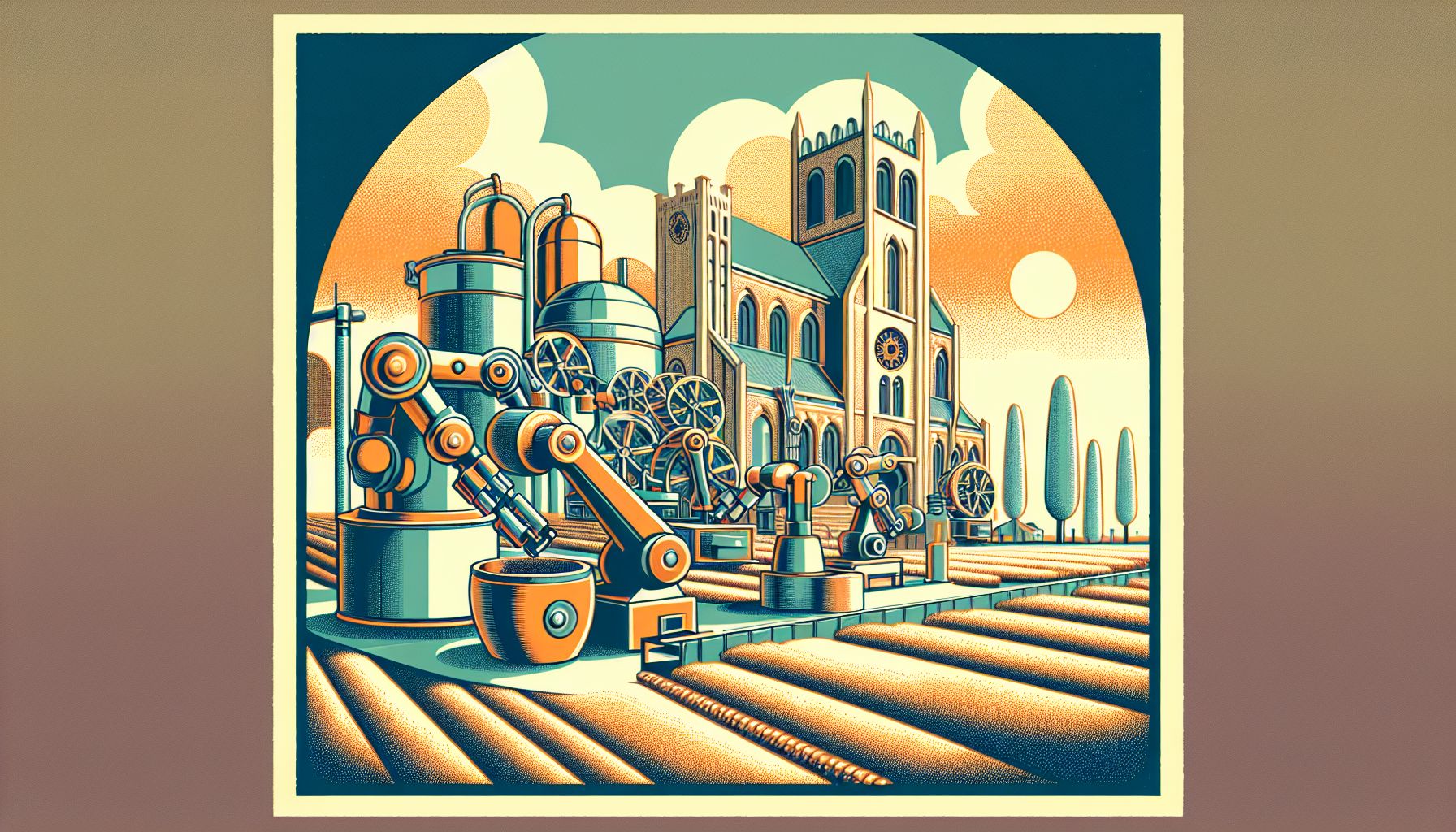Dutch startup xPresso pioneers sustainable coffee production with robotics

xPresso introduces a robotic system enhancing coffee production efficiency and sustainability using AI and advanced sensors.
Innovation at the Heart of the Coffee Industry
The Netherlands-based startup xPresso is redefining coffee production with its state-of-the-art robotic system. This innovative approach combines artificial intelligence and sophisticated sensor technology to oversee the entire coffee production process, from bean sorting to roasting. The goal is ambitious yet clear: to increase efficiency and ensure a consistently high-quality product while significantly reducing the environmental impact of production. The Dutch company’s initiative aligns with the sustainable circular ideas championed by The Green Village, a hub for sustainable innovation that brings together researchers, students, entrepreneurs, and governments[GPT].
Revolutionary SCARA Robotics
Central to xPresso’s system are the SCARA Robots, known for their high-speed and precision, crucial in manufacturing industries where horizontal movements are predominant. These robots exemplify modern manufacturing automation with their capability to carry out tasks with remarkable accuracy and efficiency. The SCARA Robot model used by xPresso, similar to the EVS3-400, boasts a compact design, a maximum reach of 400mm, and a payload capacity of up to 3kg. It achieves a repeated positioning accuracy of ±0.01mm in the first and second axes and can reach speeds up to 720°/sec[2]. Such precision ensures minimal waste and consistent coffee quality, a testament to xPresso’s commitment to sustainability and excellence in production.
Agriculture 5.0 and the Future of Farming
The principles of xPresso’s technology echo the larger global movement towards Agriculture 5.0, which emphasizes precision agriculture, data consolidation, and technological advancements. This new wave in agriculture focuses on promoting public health, increasing production capacity, and sustainability. With a significant portion of Latin America’s GDP tied to agriculture, the implementation of robotics and AI in agriculture, as showcased by xPresso, is a critical step towards enhancing food production and meeting the challenges of a growing global population[GPT].
Challenges and Opportunities
Despite the promise of increased productivity and sustainability, the adoption of such advanced technologies is not without its challenges. Rural areas, often the heartlands of agriculture and production, may lack the necessary internet infrastructure, posing a barrier to the full implementation of Agriculture 5.0. Additionally, there may be resistance from traditional farming communities towards adopting these new technologies. However, with proper support and infrastructure development, the benefits of precision agriculture and robotics, such as those employed by xPresso, have the potential to revolutionize the coffee industry and beyond, contributing to greater food security and the well-being of countries across the globe[GPT].

